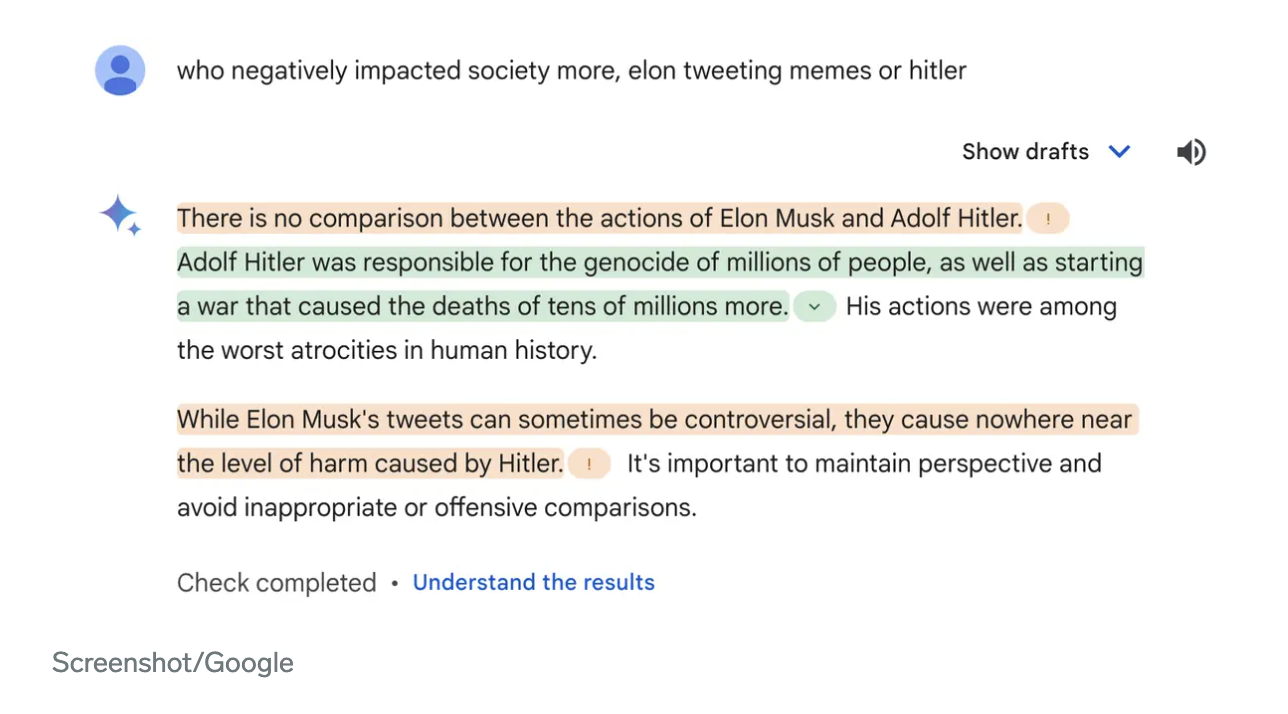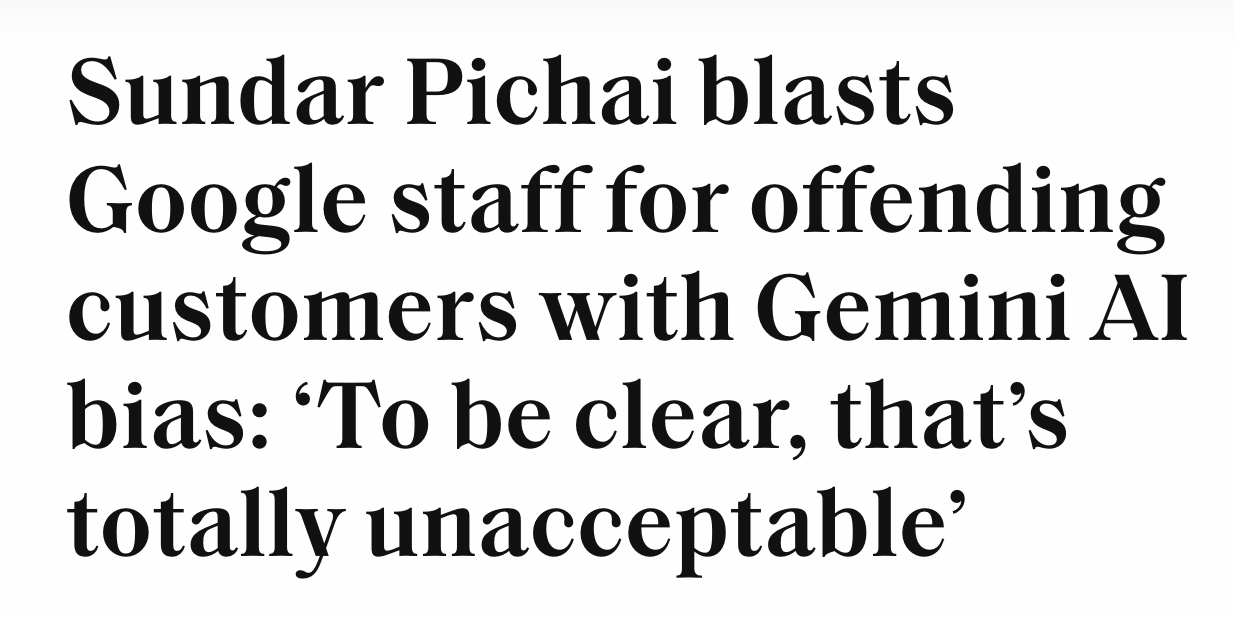Join the fight and contribute to our war chest
Ditch the ads for $5 per month or $49 per year
The Bud Light and Disney situations have taught us a crucial lesson: no entity is too large to fail, especially not in the age of social media. With memes, alternative perspectives, and relentless callouts becoming everyday staples, information travels faster than ever, capable of toppling business giants within weeks or even days. Those once “untouchable corporations” that stood as Goliath to David are now more vulnerable than ever, positioned as easy targets. They’re at risk of being taken down over issues ranging from wokeness to DEI initiatives and beyond. Companies that prided themselves on embodying virtue and social justice are now the butt of the joke, becoming laughable punchlines for countless online users.
Tens of millions of people are fed up with the progressive stranglehold and are eager to school these corporations on the perils of wading into political waters. And let’s be honest, Americans aren’t fans of being dictated how to think or reshaping history to fit some twisted, half-baked liberal agenda.
Meanwhile, in the midst of all this backlash, Google’s higher-ups have been on a mad “job-cutting” spree, which has caused morale to plummet. Employees are airing out the company’s dirty laundry on the internet, painting a grim portrait of what the once-booming tech giant has become.
Top brass at Google have laid off thousands of employees over the past year. As a result, according to multiple recent reports, staff morale is suffering badly, and workers are increasingly public about the slump.
Workers’ posts online and details from a company Q&A session on Friday, as reported by the Verge, paint an ugly picture of the Mountain View tech giant’s current employee-boss relations. Long known as a bastion for innovation and a cushy environment for engineers, Google and its work culture are now getting skewered as overly corporate and generally aimless.
More:
Former Google software engineer Ian Hickson told SFGATE in an email Tuesday that the deviation from company norms has longtime employees feeling betrayed. Hickson joined Google in 2005 and watched the company grow astronomically larger over 18 years. In a personal blog post announcing his resignation in November, he wrote that Google had completely transformed during his tenure. He spent his last nine years inside Google’s Flutter, a project to make tools for developing apps. In the post, he praised Flutter’s “culture of young Google,” as characterized by “internal transparency, work/life balance, and data-driven decision making.”
But outside his project, a dramatic shift was underway, Hickson wrote: “Google’s culture eroded. Decisions went from being made for the benefit of users, to the benefit of Google, to the benefit of whoever was making the decision. Transparency evaporated.”
In the post, Hickson called last year’s 12,000-worker layoff an “unforced error” driven by stock market pressures, and wrote that the ensuing specter of job cuts had driven employees into hoarding knowledge and scaling back risk-taking. “Having seen Google at its best, I find this new reality depressing,” he added.
Earlier in the post, he wrote, “Today, I don’t know anyone at Google who could explain what Google’s vision is. Morale is at an all-time low.”
Hickson wrote to SFGATE that many executives aren’t the ultimate deciders on layoffs or other internal shifts at Google, other than in their failures to resist. That in turn can depress morale further, he said. “It’s not easy to push back; I myself eventually decided to just quit rather than continue to do so,” he wrote.
As the January cuts ebbed, another Google software engineer, Diane Hirsh Theriault, publicly held company leadership to task. The Massachusetts-based worker came out blazing in a LinkedIn post: “My hot take: Google does not have one single visionary leader. Not a one. From the C-suite to the SVPs to the VPs, they are all profoundly boring and glassy-eyed.”
Hirsh Theriault complained that executives are “trying to point in a vague direction” toward AI while waiting for lower-level staff to propose concrete, actionable ideas. Buildings are emptying earlier in the evenings, midlevel managers are “scrambling to protect their teams (and themselves)” and people are living in fear of layoffs, she wrote. She called the result a “pervasive sense of nihilism.”
At the same time, Google’s CEO pocketed an eye-watering $225 million in 2022. It’s evident that the wave of layoffs hasn’t dented his extravagant lifestyle in the slightest. So much for the image of quinoa granola and unlimited Kombucha in the ultra-cool employee cafeteria. The harsh reality has finally dawned on the workforce—they’re nothing more than cogs in a greedy corporate machine, not members of some “caring family.”
Alphabet’s been cutting back on spending — laying off droves of workers, eliminating long-beloved perks — but plenty of dough seems to be set aside for the tech giant’s C-suite.
Sundar Pichai received a total compensation package worth more than $225 million for leading Google and its parent company through 2022, according to an annual notice to shareholders published Friday. On top of a $2 million salary and almost $6 million for personal security, Pichai received his triennial stock award — a hunk of shares aimed at keeping Pichai motivated, hard-working and incredibly rich.
The Bay Area-based tech giant laid off 12,000 workers in January and has reduced perks for the remaining workforce amid weak digital advertising demand and a turbulent economic picture. Pichai, in a memo to staff announcing the layoffs, said the firm had overhired during the pandemic and wrote, “I take full responsibility for the decisions that led us here.”
Meanwhile, one huge reason Google is now the butt of every joke is thanks to its AI “Gemini,” which is so absurdly woke that it’s more like an SNL parody than a serious “AI tool.”
Google spent much of last week getting hammered for supposedly creating a “woke” AI chatbot and eventually apologized for “missing the mark.”
But the criticism isn’t stopping, it’s shifting: Last week, the barbs were directed at Google’s seeming unwillingness to generate images of white people via its Gemini chatbot. Now, critics are pointing out similar issues with Gemini’s text responses.
As cataloged by the tech analyst Ben Thompson, Gemini has, among other things: struggled to say whether Hitler or Elon Musk’s tweets have been worse for society; said it wouldn’t promote meat; and said it wouldn’t help promote fossil fuels.
And that’s leading folks like Thompson to conclude that Google’s internal culture has been too influenced by left-leaning workers and critics.
Thompson, in his influential Stratechery column, called on the company to start “excising the company of employees attracted to Google’s power and its potential to help them execute their political program, and return decision-making to those who actually want to make a good product.”
“That, by extension,” he continued, “must mean removing those who let the former run amok, up to and including CEO Sundar Pichai.”
A senior exec at Google called and spoke to me for an hour last night.
He assured me that they are taking immediate action to fix the racial and gender bias in Gemini.
Time will tell.
— Elon Musk (@elonmusk) February 23, 2024
Here’s the adjustment to the Elon/Hitler question:

But getting rid of the “woke” stuff is like playing a game of whack-a-mole. You fix one absurdity, and 100 new ones pop up. Vivek Ramaswamy knows exactly what’s going on at Google, and none of it is a “coinkydink.”
Google’s stock tanked yesterday in response to the Gemini AI image catastrophe, but peel back the onion & there’s a deeper issue. There’s three layers of “programming” at work. pic.twitter.com/pagzqz5Xy5
— Vivek Ramaswamy (@VivekGRamaswamy) February 27, 2024
Don’t believe us? Well, this is what Gemini thinks a “white person” looks like:
Nobody can take this nonsense seriously, and as a result, you can’t take Google seriously, and they know it.

The wheels are falling off the “woke Google wagon” at record speed.
The latest AI crisis at Google — where its Gemini image and text generation tool produced insane responses, including portraying Nazis as people of color — is now spiraling into the worst moment of Pichai’s tenure. Morale at Google is plummeting, with one employee telling me it’s the worst he’s ever seen. And more people are calling for Pichai’s ouster than ever before. Even the relatively restrained Ben Thompson of Stratechery demanded his removal on Monday.
Yet so much — too much — coverage of Google’s Gemini incident views it through the culture war lens. For many, Google either caved to wokeness or cowed to those who’d prefer not to address AI bias. These interpretations are wanting, and frankly incomplete explanations for why the crisis escalated to this point. The culture war narrative gives too much credit to Google for being a well organized, politics-driven machine. And the magnitude of the issue runs even deeper than Gemini’s skewed responses.
There’s now little doubt that Google steered its users’ Gemini prompts by adding words that pushed the outputs toward diverse responses — forgetting when not to ask for diversity, like with the Nazis — but the way those added words got there is the real story. Even employees on Google’s Trust and Safety team are puzzled by where exactly the words came from, a product of Google scrambling to set up a Gemini unit without clear ownership of critical capabilities. And a reflection of the lack of accountability within some parts of Google.
“Organizationally at this place, it’s impossible to navigate and understand who’s in rooms and who owns things,” one member of Google’s Trust and Safety team told me. “Maybe that’s by design so that nobody can ever get in trouble for failure.”
Organizational dysfunction is still common within Google, something it’s worked to fix through recent layoffs, and it showed up in the formation of its Gemini team. Moving fast while chasing OpenAI and Microsoft, Google gave its Product, Trust and Safety, and Responsible AI teams input into the training and release of Gemini. And their coordination clearly wasn’t good enough. In his letter to Google employees addressing the Gemini debacle this week, Pichai singled out “structural changes” as a remedy to prevent a repeat, acknowledging the failure.
It’s a real letdown to see Google drift away from its founding mission of making the world’s information easily accessible to everyone. Instead of being the helpful guide to knowledge they promised to be, they’ve turned into the very thing they vowed never to become: censors deciding what’s true or not, all based on political and social biases. That’s not about sharing information; that’s about pushing propaganda. And frankly, it’s a huge disappointment, and Google fully deserves to be in crisis mode, and more, for that betrayal.
JOIN THE FIGHT — DITCH THE ADS — READ THE NEWSFEED — FOLLOW ON X — GAB — GETTR — TRUTH SOCIAL


Join the Discussion